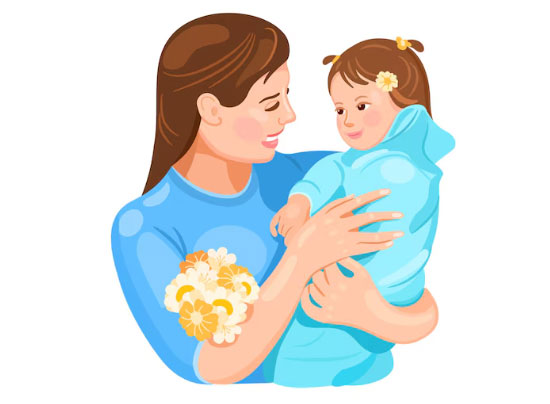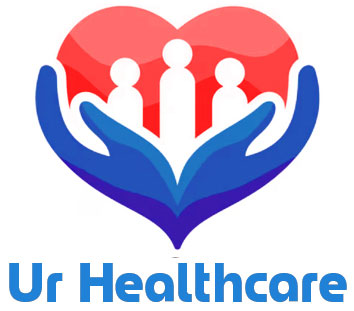- urcare.urranhealthcare@gmail.com
- +919836651175
 79/3/1, Purba Sinthee Road, Dumdum, Kolkata 700030
79/3/1, Purba Sinthee Road, Dumdum, Kolkata 700030
Mother & Child Care(24*7)
Pregnancy Care Services encompass a range of medical, nutritional, emotional, and educational support provided to pregnant individuals to ensure a healthy pregnancy and a safe delivery. These services are typically offered by healthcare professionals and may involve various specialists, depending on the needs and circumstances of the pregnant person. Here are key components of pregnancy care services:


- Prenatal Care: Regular check-ups with healthcare providers, such as obstetricians, midwives, or family physicians, to monitor the health of both the pregnant person and the developing fetus.
- Diagnostic Tests and Screenings: Conducting routine tests and screenings, including blood tests, ultrasounds, and genetic screenings, to assess the health of the pregnancy and identify any potential issues.
- Nutritional Guidance: Providing guidance on a healthy and balanced diet to ensure adequate nutrition for both the pregnant person and the growing fetus. This may include recommendations for vitamin and mineral supplements.
- Exercise and Lifestyle Recommendations: Advising on safe exercise routines and lifestyle modifications to promote physical well-being during pregnancy. Taking care of the mood swing conditions.
- Education and Counselling: Offering educational resources and counselling sessions to address any concerns or questions related to pregnancy, childbirth, and postpartum care.
- Monitoring and Managing Pregnancy Complications: Monitoring and managing any complications that may arise during pregnancy, such as gestational diabetes, high blood pressure, or other medical conditions.
- Birth Planning: Assisting in the development of a birth plan that outlines preferences for labor, delivery, and postpartum care. This may include discussions about pain management options and preferences for birthing environments.
- Emotional Support: Providing emotional support and counselling to address the psychological and emotional aspects of pregnancy, including anxiety, stress, and mood changes.
- Preparation for Labor and Delivery: Educating pregnant individuals and their partners on the stages of labor, delivery options, and techniques for pain management. This may include childbirth education classes.
- Postpartum Planning: Discussing postpartum care, including breastfeeding support, contraception options, and strategies for managing the transition to parenthood.
- Collaboration with Specialists: Coordinating care with other healthcare specialists if needed, such as perinatologists (specialists in high-risk pregnancies) or lactation consultants.
